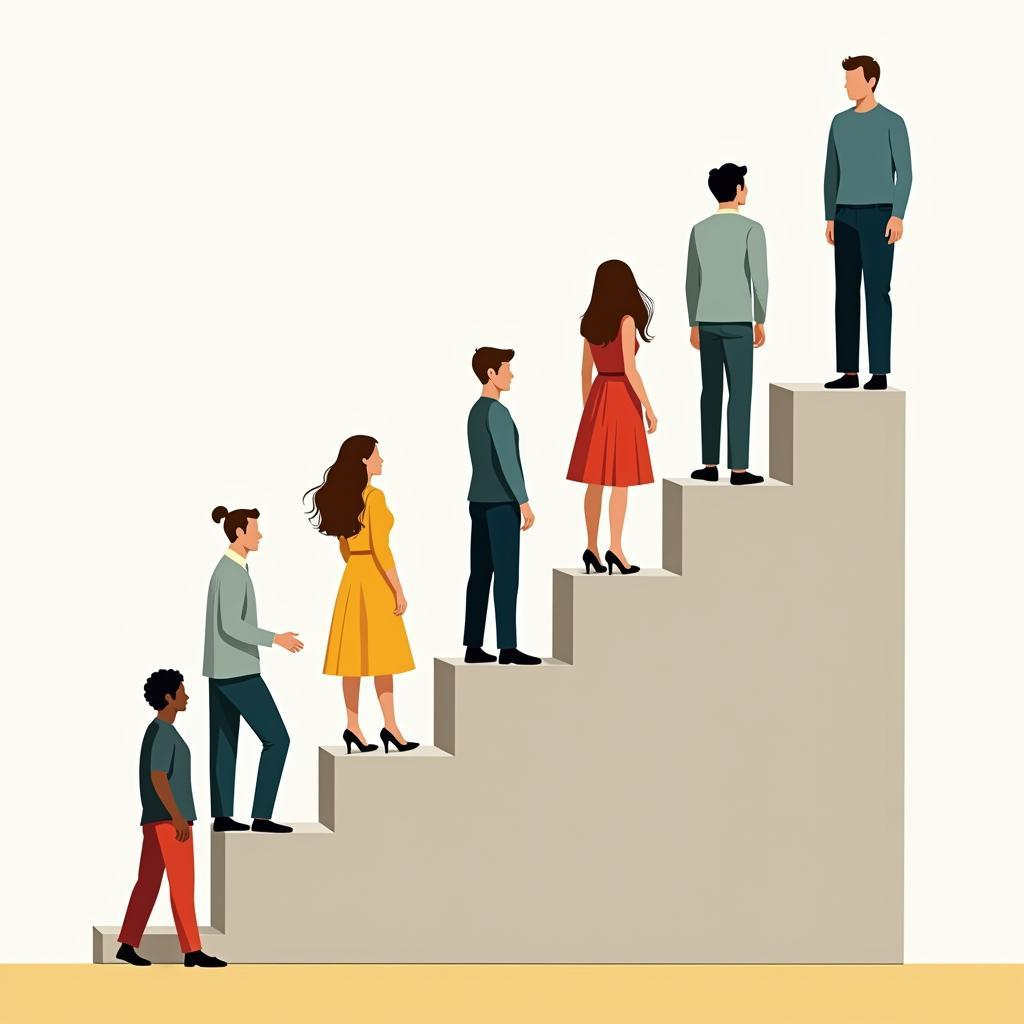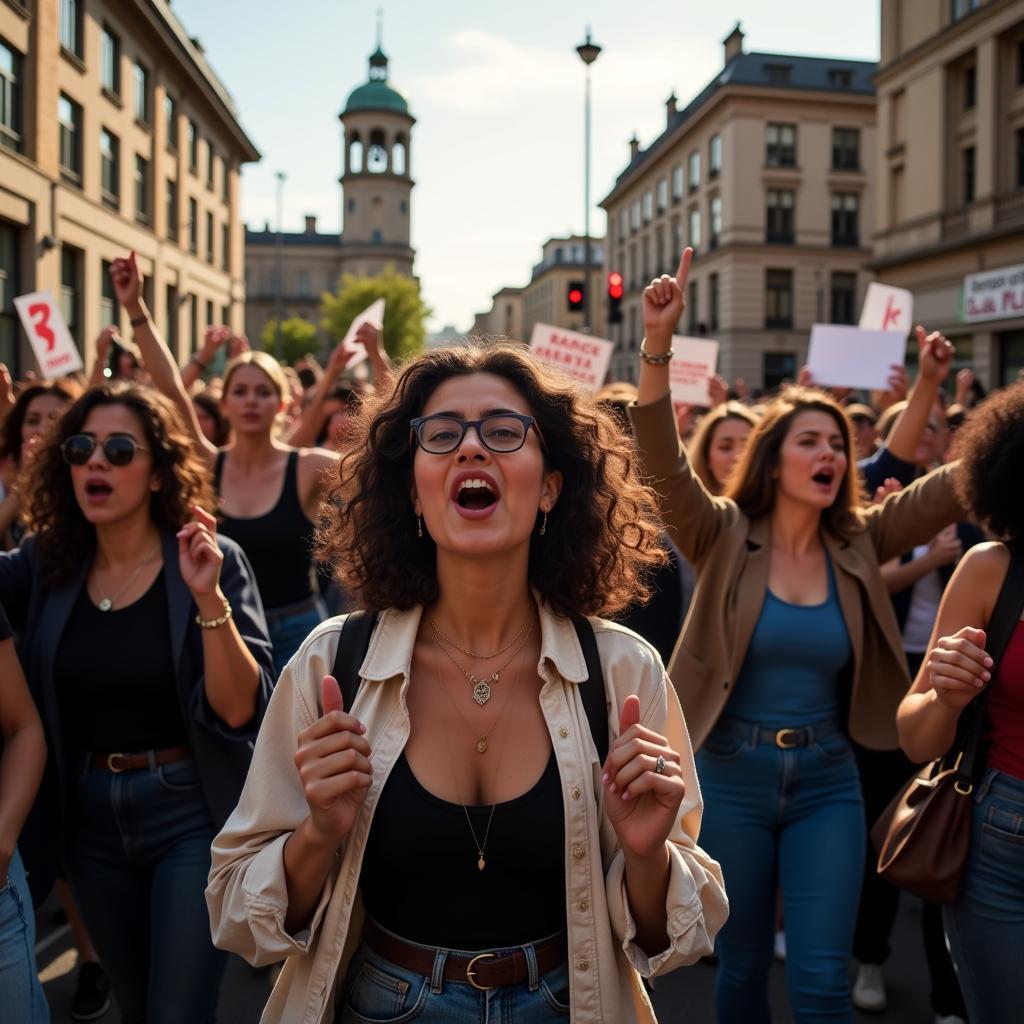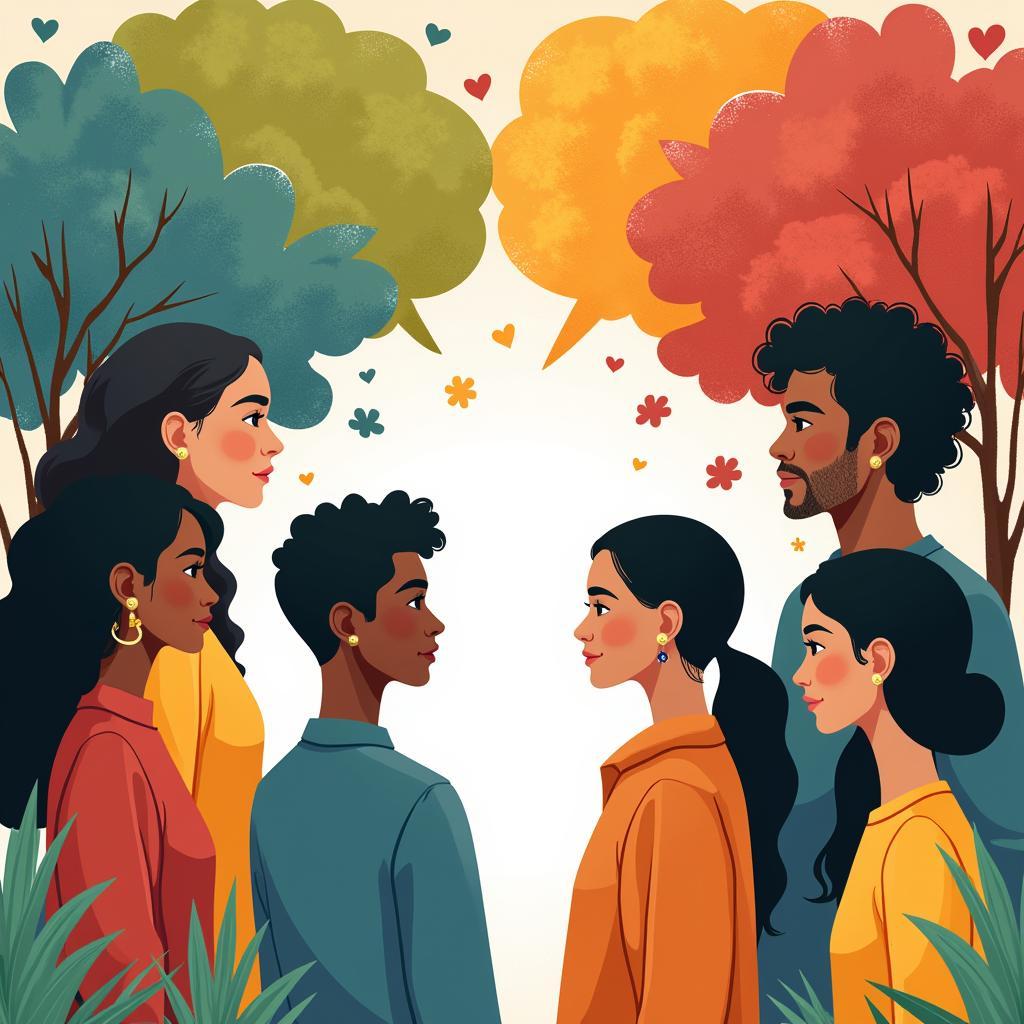People And Society are inextricably intertwined, forming the very fabric of our existence. Our individual lives are shaped by the societies we live in, and in turn, our collective actions, values, and beliefs influence the development of society. This complex interplay between the individual and the collective is central to understanding who we are and how we can create a more just, equitable, and peaceful world.
The Impact of Societal Structures on Individuals
The structures that underpin our societies, such as economic systems, political institutions, and cultural norms, have a profound impact on our lives. They shape our opportunities, define our roles, and influence our beliefs and values. For example, access to education, healthcare, and economic opportunities can vary greatly depending on one’s social standing, ethnicity, or gender within a given society. These systemic inequalities can lead to social stratification and limit the potential of individuals and communities.
 People from different walks of life standing on a staircase, representing the various levels of opportunity and access available in society.
People from different walks of life standing on a staircase, representing the various levels of opportunity and access available in society.
Furthermore, social norms and cultural values influence our behaviors and interactions. These unwritten rules of conduct dictate what is considered acceptable and unacceptable within a given society, shaping our identities and influencing our choices. Understanding the impact of these societal structures is crucial for promoting social justice and equality. By examining and challenging systems of oppression and discrimination, we can work towards creating a more inclusive and equitable society for all.
The Power of Collective Action and Social Movements
While individuals are shaped by the societies they live in, they also have the power to shape society through collective action. Throughout history, social movements have been instrumental in driving social change, advocating for human rights, and challenging injustice. From the Civil Rights Movement to the fight for LGBTQ+ equality, people have come together to demand a better world, often in the face of significant opposition.
 A large crowd of people holding signs and banners, marching together for a common cause.
A large crowd of people holding signs and banners, marching together for a common cause.
Social movements harness the collective power of individuals to challenge existing power structures and advocate for social change. By uniting around shared values and goals, people can amplify their voices, raise awareness about critical issues, and pressure those in power to address systemic inequalities.
Fostering Intercultural Understanding and Empathy
In an increasingly interconnected world, fostering intercultural understanding and empathy is more important than ever. Globalization has brought people from diverse cultures and backgrounds into closer contact, creating new opportunities for collaboration and understanding. However, it has also highlighted the importance of addressing cultural differences and promoting tolerance.
 A group of people from different cultures and ethnicities interacting and engaging in a lively discussion.
A group of people from different cultures and ethnicities interacting and engaging in a lively discussion.
Misunderstandings and prejudices often stem from a lack of knowledge and exposure to other cultures. By promoting intercultural dialogue, education, and exchange programs, we can break down stereotypes, challenge biases, and foster empathy and respect for others. Recognizing and valuing our shared humanity while appreciating the richness of our diverse cultures is essential for building a more peaceful and interconnected world.
Conclusion
The relationship between people and society is a dynamic and multifaceted one. By understanding the complex interplay between individuals and the social structures that shape their lives, we can work towards creating a more just, equitable, and compassionate world. Fostering intercultural understanding, promoting empathy, and embracing the power of collective action are crucial steps towards building a brighter future for all.
 using WordPress and
using WordPress and